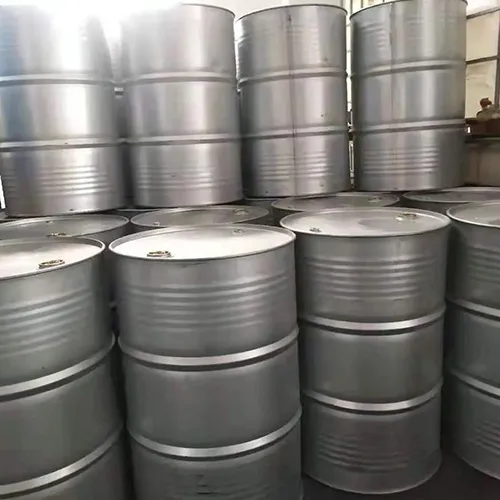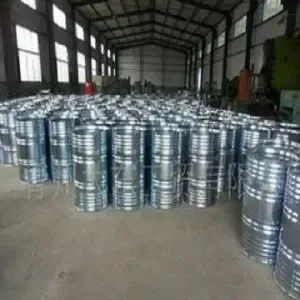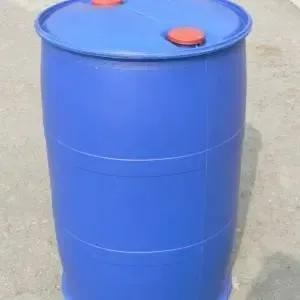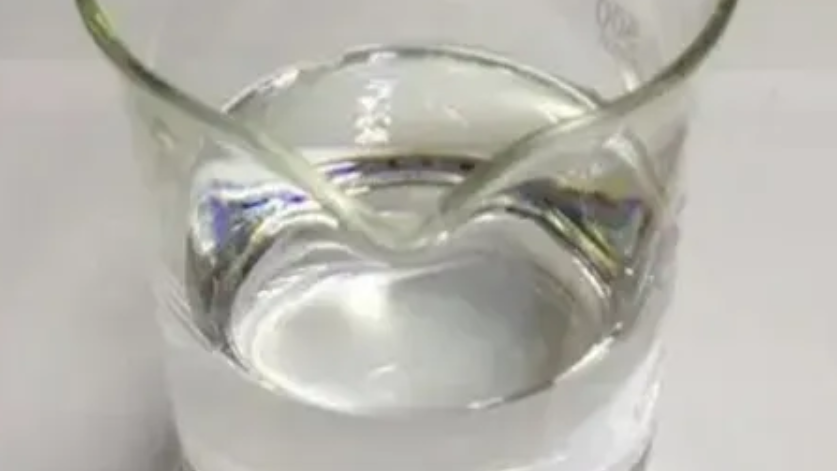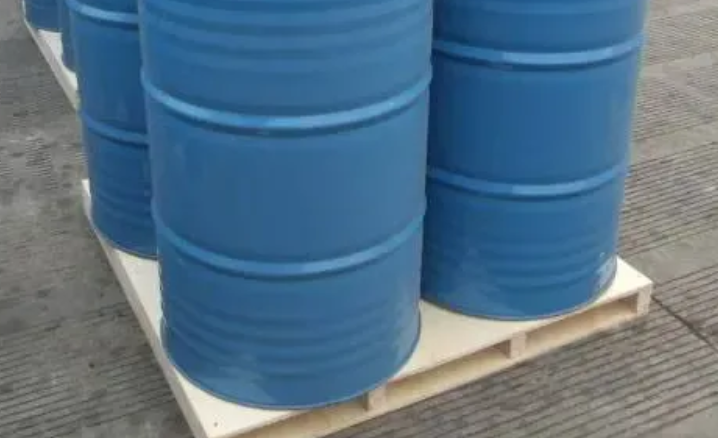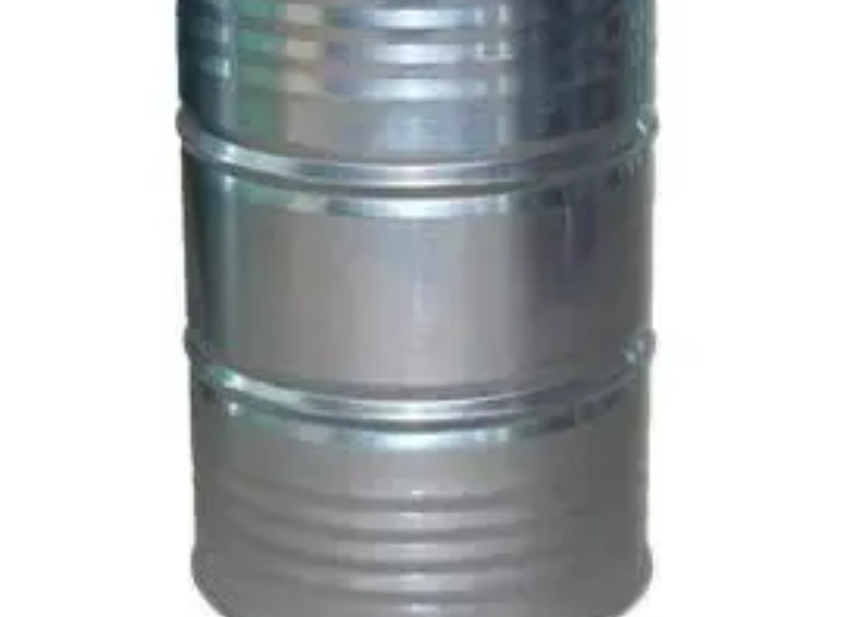High Purity Potassium Iodide Potassium Iodide Supplier Reliable Quality & Fast Delivery
- Introduction to potassium iodide potassium iodide
and its increasing relevance - Scientific properties and cross-comparison with potassium iodate
- Key technical advantages and industry demands
- Vendors and manufacturers: comparison and market overview
- Customization strategies for diverse industrial needs
- Real-world use cases: from pharmaceuticals to nuclear safety
- Final insights on potassium iodide potassium iodide and projection of trends

(potassium iodide potassium iodide)
Understanding Potassium Iodide Potassium Iodide: The Critical Mineral Compound
Potassium iodide (KI) has emerged as a vital mineral compound with applications expanding far beyond the pharmaceutical sector. Increasingly recognized for its role in radiation emergencies, healthcare, animal nutrition, and chemical manufacturing, potassium iodide potassium iodide has become indispensable in both public and industrial applications. Global demand for KI surged by 16% in 2022, according to the International Chemical Safety Foundation. Regulatory authorities, such as the U.S. Food and Drug Administration and the World Health Organization, continue to emphasize its importance in preparedness protocols for nuclear incidents. At the molecular level, potassium iodide is an inorganic salt featuring high solubility and rapid absorption, ensuring its effectiveness during critical interventions.
Potassium Iodide vs. Potassium Iodate: Scientific Insights and Technical Assessment
Both potassium iodide and potassium iodate (KIO3) serve as iodine supplements, but their physicochemical and functional properties differ markedly. While potassium iodide contains a single iodine atom paired with potassium, potassium iodate features three oxygen atoms bound to the iodine, resulting in differences in stability, shelf life, and administration methods across various industries. Potassium iodide is lauded for its rapid absorption, especially for thyroid protection, whereas potassium iodate is preferred in conditions requiring greater stability, such as long-term storage and food fortification. A comparative analysis of these compounds is shown below, illustrating their characteristics in different applications:
| Property | Potassium Iodide (KI) | Potassium Iodate (KIO3) |
|---|---|---|
| Molecular Formula | KI | KIO3 |
| Molecular Weight | 166 g/mol | 214 g/mol |
| Iodine Content | 76% | 59% |
| Solubility in Water (20°C) | 127 g/100 mL | 7.5 g/100 mL |
| Shelf Life | 2-3 years (airtight) | 5 years (airtight) |
| Main Application | Pharmaceutical, nuclear medicine, animal feed | Food fortification, emergency stockpiling |
| Absorption Rate | High (immediate) | Moderate (requires conversion) |
Technical Advantages of Potassium Iodide: Meeting Elevated Industry Standards
Potassium iodide's technical qualities include unparalleled solubility, efficient iodine delivery, and non-reactivity within complex matrixes. These attributes allow it to meet the strictest standards of the pharmaceutical industry, where batch-to-batch consistency is crucial. Particle size control, purity levels exceeding 99.8%, and compatibility with a wide range of excipients enable it to blend seamlessly in both tablets and liquid formulations. Industrial users benefit from potassium iodide's stability under properly controlled conditions (<1% moisture), reducing product deterioration and extending functional shelf life. Data reveals that over 80% of pharmaceutical laboratories now rely on advanced KI grades to guarantee critical process flows, while manufacturers of radioprotective tablets have noted a 20% reduction in failed batch rates since integrating high-purity potassium iodide potassium iodide.
Vendor Landscape: Side-by-Side Manufacturer Comparison
The potassium iodide market features several prominent manufacturers, each offering unique advantages in grade variety, lead time, availability, and customization options. Leading global producers include Iofina, Adani Pharmachem, Nippoh Chemicals, and Deepwater Chemicals. The table below provides a side-by-side comparison to facilitate procurement decisions:
| Manufacturer | Purity Levels | Annual Output (MT) | Customization | Lead Time (Weeks) | Certifications |
|---|---|---|---|---|---|
| Iofina | 99.5% – 99.9% | 2,800 | High (particle size, moisture) | 4 | ISO 9001, GMP |
| Adani Pharmachem | 99.0% – 99.7% | 3,100 | Medium (grade, packaging) | 5 | GMP, Halal |
| Deepwater Chemicals | 99.8% – 99.99% | 2,200 | Very High (custom synthesis) | 6 | ISO 9001, GMP |
| Nippoh Chemicals | 98.5% – 99.5% | 1,600 | Low | 3 | ISO 14001, GMP |
This comparison demonstrates that while Deepwater Chemicals provides the highest purity and customization, Iofina leads in speed and global distribution. Purchasers are advised to weigh purity, annual output, and customization capabilities against certification and lead time, depending on their project’s criticality and compliance requirements.
Custom Solutions: Tailoring Potassium Iodide to Specific Industry Applications
Industry-wide, the need for tailored solutions has spurred innovation in the manufacturing and distribution of potassium iodide. Pharmaceutical manufacturers, for instance, request microencapsulated KI for slow-release formulations, while animal feed producers prefer coarse-grained crystals for easy blending. Nuclear safety applications demand blister-packaged, single-dose tablets to maximize distribution efficiency during public emergencies. Suppliers meet these requirements by offering dynamic particle size ranges (20 – 300 mesh), low-bulk density KI for tableting, and granulated forms engineered for high flowability. Customization options often extend to specific assay levels (e.g., 99.95±0.01%) and impurity profiles (e.g., arsenic <0.1 ppm). In the nutritional industry, low-dust, free-flowing potassium iodide ensures homogeneous mixing, reducing the risk of “hot spots” in feed blends by over 95%. Smart logistics, including climate-controlled packaging and integrated supply chain monitoring, now underpin the most advanced custom KI solutions globally.
Application Scenarios: Potassium Iodide Across Industries
The adoption of potassium iodide potassium iodide extends to diverse industry sectors, each leveraging its unique functional attributes. In pharma, KI is essential for anti-thyroid medication and pre-exposure prophylaxis during nuclear emergencies. Recent deployment in European nuclear plants saw the distribution of over 7 million potassium iodide tablets within 72 hours, safeguarding public health following a release event. In nutrition, over 50 countries mandate potassium iodide fortification to combat iodine deficiency disorders, benefiting an estimated 1.6 billion people globally. Semiconductor manufacturers use ultrapure KI in etching and cleaning processes for microchip fabrication, while photographic film makers require specialty crystalline KI for emulsion production. Environmental remediation initiatives rely on potassium iodide as a chemical scavenger in decontaminating soil and groundwater impacted by heavy metals. The multiplicity of these applications underscores the versatility and indispensability of potassium iodide in safeguarding health, supporting advanced manufacturing, and promoting food security.
Potassium Iodide Potassium Iodide: Outlook and Future Market Dynamics
The global potassium iodide potassium iodide market is forecasted to grow at a CAGR of 9.5% through 2027, propelled by ongoing investments in nuclear power safety, expanding pharmaceutical pipelines, and rising public awareness of iodine deficiency disorders. Robust research continues into new delivery methods, such as nano-encapsulated KI and liquid dispersions, to meet next-generation pharmaceutical and industrial needs. Regulatory harmonization across markets, including the adoption of United States Pharmacopeia and European Pharmacopoeia standards, will facilitate transnational procurement and ensure product confidence. Looking ahead, manufacturers prepared to offer advanced customization, transparent supply chains, and sustainable production are poised to lead the potassium iodide sector into a new era of global relevance.
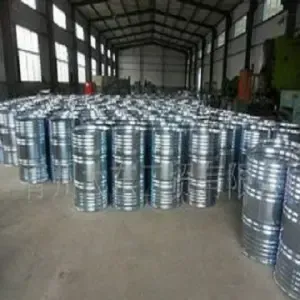
(potassium iodide potassium iodide)
FAQS on potassium iodide potassium iodide
Q: What is potassium iodide potassium iodide?
A: Potassium iodide potassium iodide refers to the chemical compound KI, which is a source of iodine. It is often used in medical and industrial applications. It is essential for thyroid health and nuclear emergency preparedness.
Q: What is the difference between potassium iodate and potassium iodide?
A: Potassium iodate (KIO3) and potassium iodide (KI) are both iodine compounds but have different chemical structures. Potassium iodate is an oxidizing agent, while potassium iodide is a reducing agent. Their uses and stability differ, especially in food fortification and emergency settings.
Q: Can potassium iodate replace potassium iodide for thyroid protection?
A: Potassium iodide is preferred for immediate thyroid protection during a nuclear incident. Potassium iodate can also be used but requires conversion in the body. Both provide iodine, but potassium iodide acts more quickly.
Q: How is potassium iodide potassium iodide used in medicine?
A: Potassium iodide is used to treat thyroid disorders and protect the thyroid gland from radioactive iodine. It is also used as an expectorant in cough medicines. Its use must be under medical supervision.
Q: Are potassium iodate and potassium iodide interchangeable for food fortification?
A: Both potassium iodate and potassium iodide can fortify salt with iodine. However, potassium iodate is more stable in warm, humid climates, making it preferred in some countries. The choice depends on regulatory and storage considerations.
Post time: يوليو . 08, 2025 04:08











